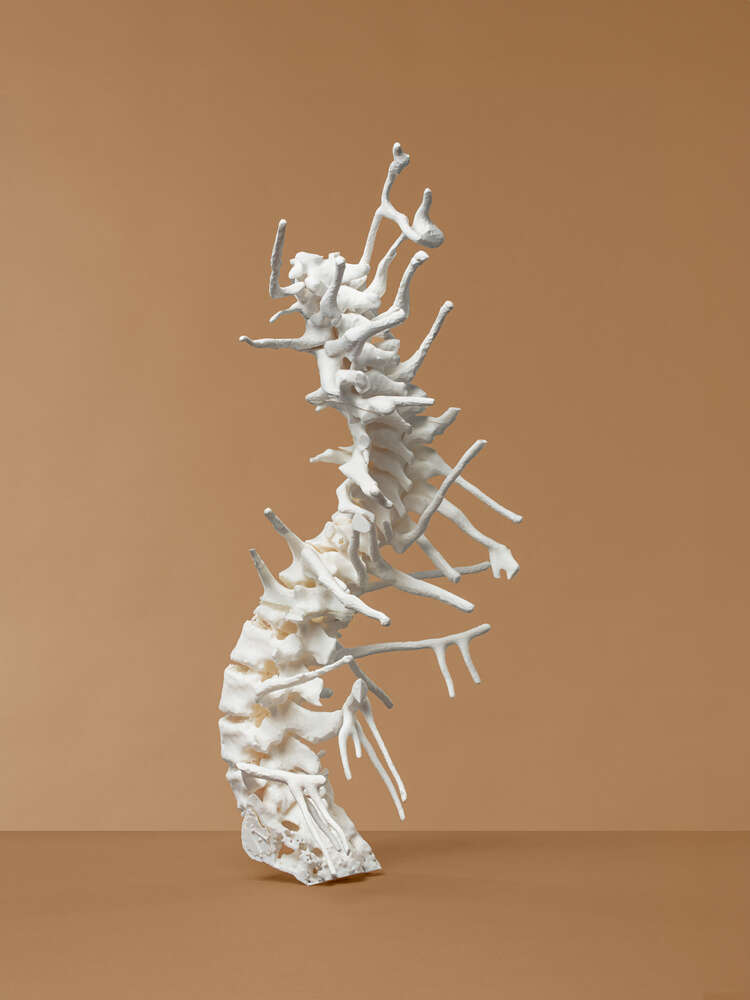Permeable Species is part of a larger research series that the BUREAU (Daniel Zamarbide, Carine Pimenta, Galliane Zamarbide) will develop over the years and that started in the Laval School of Architecture in Canada in 2023. Under the name Nous Avons Failli Commencer Sans Vous (we almost started without you) this research attempts to study the spatial conditions that may allow us to rethink, revisit and upgrade our relations to other species. We explore possibilities of cohabitation and experiment with non- conventional ways and tools to produce architectural and design pieces.
The studio Permeable Species is dedicated to designing co-habitational spaces where we include ourselves as humans, as bodies, as permeable beings within multiple and constitutional relations that form us and that we are part of. The studio does this by working in companionship and neighborhood relation with other species. Every student partners with a companion species and develop his.her own relation with them, designing as well the spaces for this relation. We work with two research media: film and a manufactured object. One virtual, one physical. Both need craft, careful making. Both are thought as media to develop a story to be told, shown. Projects in the studio are seen as stories, Speculative Fabulations (Donna Haraway) that tackle urgent realities. It is urgent to think of ourselves otherwise, as multiple and as part of a different world balance, more Gaian (Lovelock, Margulis). The spaces that we live in, practice, perform, activate, they need to be redefined in relation to the multiplicity of being. They have to open up, to be porous, permeable. The conceptual frame of the studio is tied with a very tangible and material approach. In the studio ideas exist only when they reach a material form. The studio is fundamentally thought as a space for making, a workshop. Spontaneous intuition is favored in order to tackle as fast as possible how projects materialize. In this sense, the speculative aspect of the studio is filled up with material, technical and non-abstract pragmatism. Students and team are to work acknowledging very well how things are made and what things are made of. re to work acknowledging very well how things are made and what things are made of.
Context :
Students :
- Giada Pettenati
- Karol Szmigielski
- Kim Sherin Schönauer
- Larisa Coman
- Lina Zoe Laube
- Lisa Schober
- Mariannina Thielemans
- Mariia Fomina
